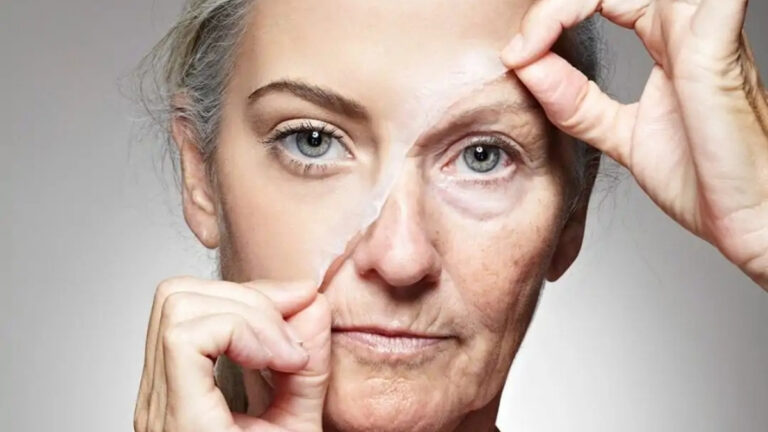Forget Expensive Therapy: These 5 Free Habits Are Keeping Seniors Mentally Sharp and Joyful Into Their 100s

While 78-year-old Margaret spends $200 monthly on therapy sessions, her neighbor Joan—who’s 82 and sharper than most 50-year-olds—swears by five simple habits that cost absolutely nothing.
You’re probably worried about the same thing Margaret was. Will your mind stay sharp as you age? Can you afford the help you might need? These fears keep many seniors awake at night.
Here’s what’s frustrating: expensive therapy isn’t your only option for mental health for seniors. Joan proves that senior brain health doesn’t require a big budget or weekly appointments.
In the next few minutes, you’ll learn Joan’s five daily habits. Each one is backed by real science. Each one costs zero dollars. And each one can start working for you today.

You’ll see exactly how these free methods compare to costly treatments. You’ll meet other seniors in their 90s and 100s who use these same techniques. Most importantly, you’ll get a step-by-step plan you can start this afternoon.
Your cognitive health doesn’t have to decline with age. Your wallet doesn’t have to empty to stay mentally well. Joan figured this out at 82. You can too.
Habit #1: The 20-Minute Morning Mind Workout That Costs Nothing
Your brain can get stronger at any age. That’s not wishful thinking—it’s science.

At 95, Dorothy Jenkins still beats her great-grandchildren at Scrabble. She started doing crosswords when she turned 80. Her secret? Twenty minutes each morning doing simple brain exercises. “My doctor says my mind is sharper now than it was 15 years ago,” she says.
Why Your Brain Needs Exercise
Scientists call it neuroplasticity. Your brain builds new connections throughout your life. Think of it like a muscle. Use it or lose it.
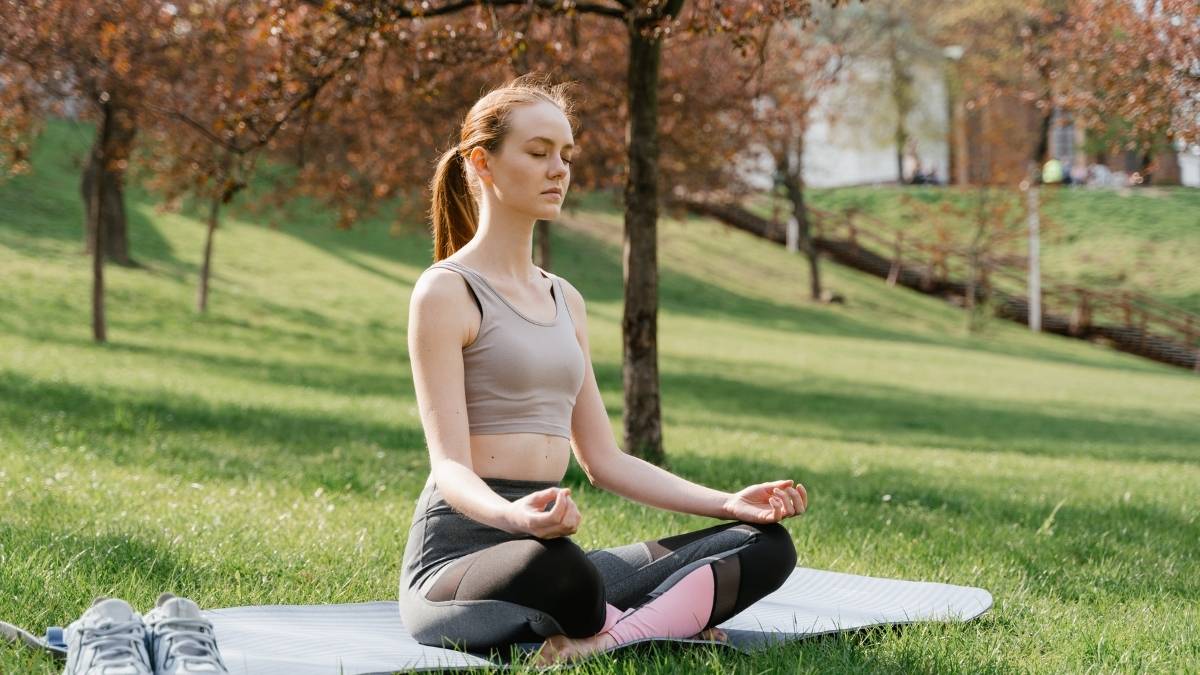
A study at Johns Hopkins found something amazing. Seniors who did brain exercises for just 20 minutes daily saw a 20% improvement in memory tasks after six weeks. The best part? The gains lasted for months.
Your Free 20-Minute Morning Routine

Here’s what works:
Minutes 1-7: Word Play
- Do a crossword puzzle or word search
- Try the daily puzzle in your newspaper
- Use simple word games on your phone
Minutes 8-14: Memory Challenge
- Read a short news article
- Close your eyes and recall three key facts
- Practice remembering phone numbers or addresses
Minutes 15-20: Number Work
- Try Sudoku puzzles
- Do simple math in your head (tip calculations, grocery totals)
- Play basic memory games with playing cards
Free Resources That Actually Work

You don’t need expensive programs. These work just as well:
- Newspapers: Most have daily puzzles
- Library computers: Free access to brain games
- Your smartphone: Try Wordscapes or Peak (free versions)
- Playing cards: Perfect for memory games
- Books: Reading fiction works your brain hard
Make It Stick
Start with just 10 minutes. Pick one activity you enjoy. Do it at the same time each day. Your brain loves routine.
Dorothy started with five-minute crosswords. Now she tackles the Sunday puzzle. “I never thought I was smart enough,” she says. “Turns out, I just needed practice.”
Your cognitive health aging doesn’t have to decline. Senior brain health improves when you give it daily challenges. Just 20 minutes. That’s all it takes.
Habit #2: Social Connection—The Free Antidepressant Doctors Don’t Prescribe

Loneliness kills faster than smoking. That’s not drama—that’s Harvard research.
Robert Miller learned this the hard way. After his wife died, he spent three months alone in his apartment. His doctor wanted to prescribe antidepressants. Instead, Robert started volunteering at the local food bank twice a week.
“I went from crying every morning to looking forward to Tuesdays and Thursdays,” Robert says. “The people there became my family.” Six months later, his depression was gone.
Why Isolation Destroys Your Mind
Harvard tracked 12,000 seniors for 20 years. They found something scary. Lonely seniors had 40% faster mental decline than socially connected ones. Isolation literally shrinks your brain.
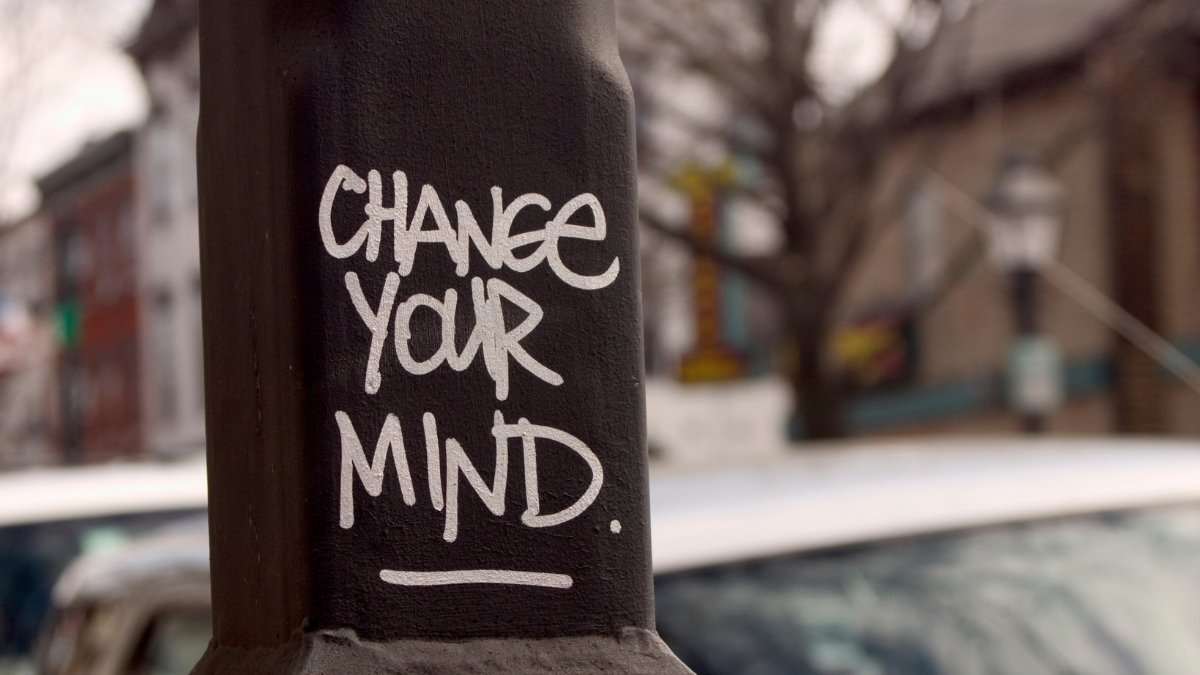
But here’s the good news: you can fix this in one week. Social connection works faster than any pill for elderly mental wellness.
Free Ways to Connect Right Now
Volunteer opportunities everywhere:
- Food banks need help sorting donations
- Hospitals want people to read to patients
- Libraries need volunteers for story time
Community programs in most cities:
- Senior centers offer free activities daily
- Churches have coffee hours (even if you’re not religious)
- Community colleges have senior audit programs
Create your own support system:
- Call one person every day at the same time
- Start a walking group in your neighborhood
- Join book clubs at your local library
Can’t Leave Home? Connect Digitally

Technology isn’t just for young people. Many seniors use:
- Video calls with family (kids can teach you)
- Online senior chat groups
- Virtual church services
- Telephone check-in programs through senior services
The Accountability Magic
Find one person who will check on you weekly. Give them permission to worry if they don’t hear from you. This simple step improves mental health for seniors more than most people realize.
Robert puts it simply: “I thought I needed medicine for my sadness. I just needed people.”
Habit #3: Nature’s Free Therapy—Why Gardening Beats the Psychiatrist’s Couch
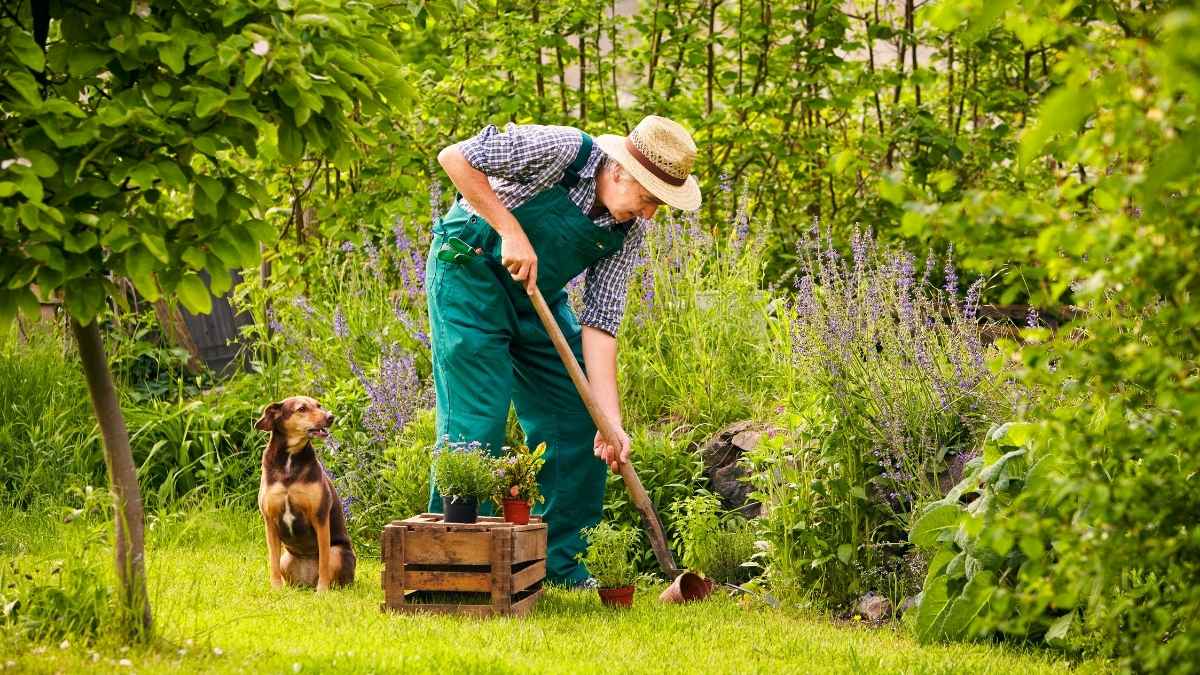
Dirt on your hands might be the best medicine you’ll never get prescribed.
Maria Santos is 89 years old. She’s never taken antidepressants. Her secret? Her hands have been in soil every day for 30 years. “My garden saved my mind,” she says. “When my husband died, the tomatoes kept me going.”
Why Gardening Heals Your Brain
Japanese scientists studied something called “forest bathing”—just being around plants. They found it cuts stress hormones by 50% in just 15 minutes.
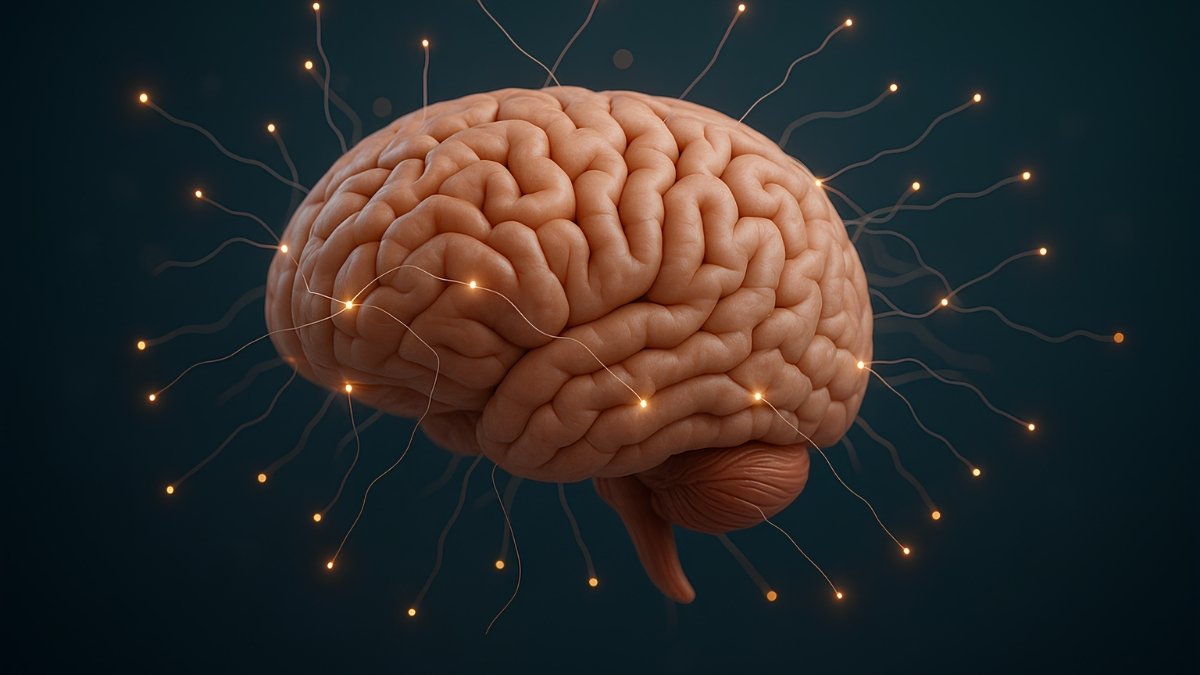
But gardening does more than reduce stress. It forces you to focus on one task. Your worried thoughts can’t compete with watering plants or pulling weeds. That’s why it works so well for senior brain health.
Start Small: Container Gardening
No yard? No problem:
- Use 5-gallon buckets for tomatoes
- Try window boxes for herbs
- Grow lettuce in plastic storage containers
- Start with pothos plants—they’re almost impossible to kill
Free supplies:
- Ask neighbors for old containers
- Many libraries give away free seeds
- Community centers often have starter plant programs
- Food banks sometimes offer gardening supplies
Community Gardens Change Lives

Most cities have shared garden spaces. You get:
- Free plot rental (or very cheap)
- Tools to borrow
- Experienced gardeners who teach you
- Built-in social connections
Call your city hall. Ask about community gardens.
Indoor Options for Bad Weather
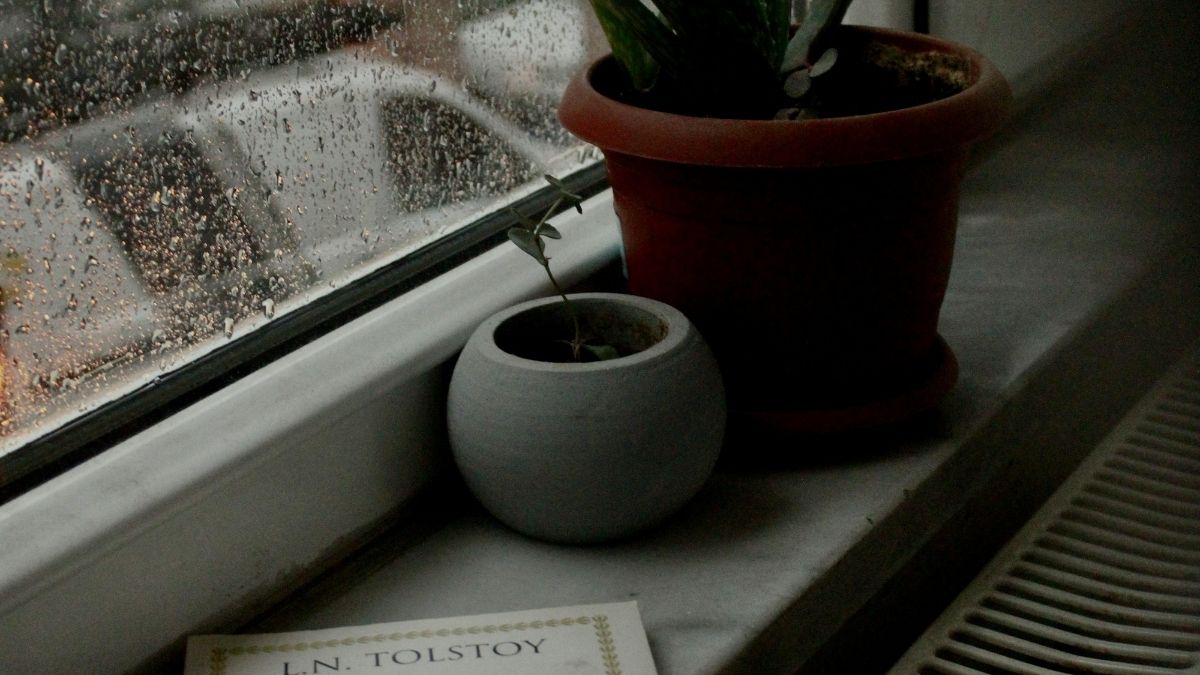
Winter doesn’t stop gardening:
- Grow herbs on your kitchen windowsill
- Try African violets—they bloom indoors
- Start seedlings for spring planting
- Care for houseplants (watering counts as gardening)
The Mindfulness Magic

Gardening makes you present. You can’t think about tomorrow’s doctor appointment when you’re focused on today’s seedlings. This daily mindfulness improves cognitive health aging naturally.
Maria puts it simply: “Plants don’
Habit #4: The Walking Meditation That Keeps 100-Year-Olds Sharp
Your legs hold the key to a sharp mind. Walking does more than keep your body strong—it grows new brain cells.

Meet Frank Romano. He’s 102 and still walks three miles every morning. He started this routine at 65 after his doctor warned him about memory problems. “I walk and I think,” Frank says. “My mind feels clear all day.”
Why Walking Fixes Your Brain
Mayo Clinic research proves it. Walking increases blood flow to your brain by 20%. More blood means more oxygen. More oxygen means better thinking.
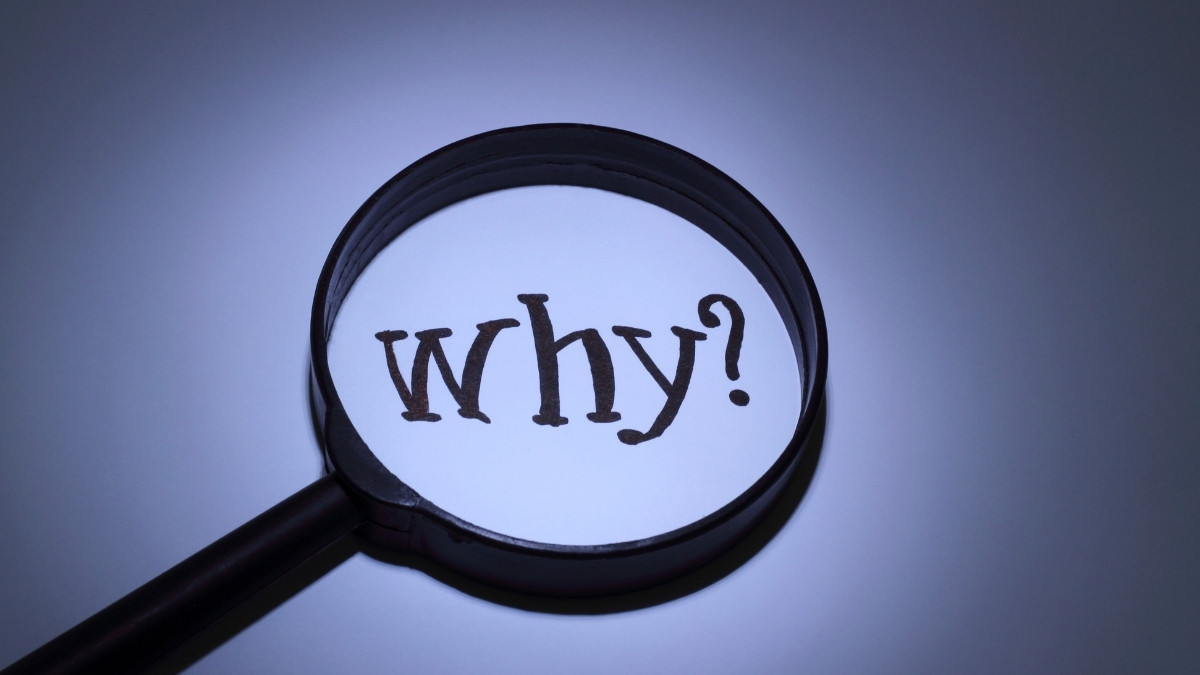
But here’s what makes it special: walking meditation combines physical movement with mental focus. Your brain gets a double boost.
Your Simple Walking Meditation Guide

Start Small: 10 Minutes
- Walk at your normal pace
- Count your steps from 1 to 10
- Start over at 1 when you reach 10
- When your mind wanders, just start counting again
Week 2: Add Awareness
- Notice three things you see
- Feel your feet touching the ground
- Listen to sounds around you
Week 3: Stretch to 20 Minutes
- Walk the first 10 minutes counting steps
- Walk the last 10 minutes noticing your surroundings
Can’t Walk Far? No Problem
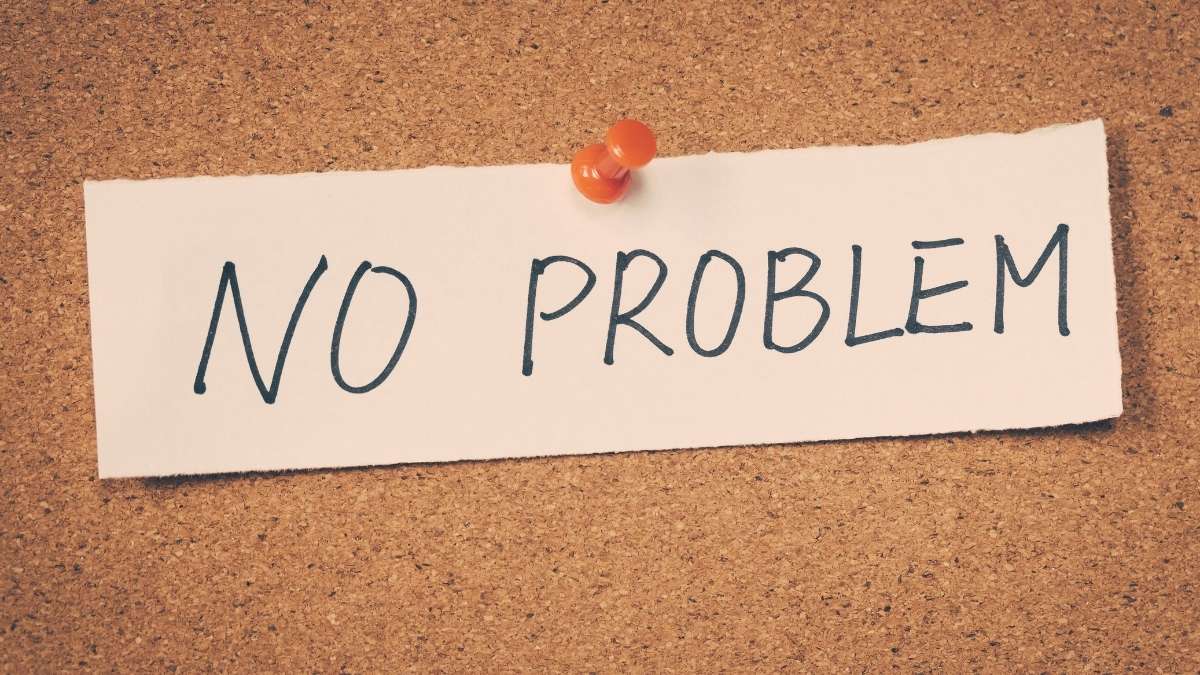
Limited mobility options:
- Walk in place for 5 minutes
- Use a walker or cane—it still counts
- Wheelchair users can focus on arm movements
- Try mall walking during bad weather
Indoor alternatives:
- Walk around your house 10 times
- Use stairs if you have them
- Try walking videos on YouTube
Find Free Walking Partners

Most communities offer:
- Senior center walking groups
- Mall walking programs (early mornings)
- Library-sponsored walking clubs
- Church walking groups
Mental health for seniors improves with every step. Elderly mental wellness starts with something this simple. Frank says it best: “I thought walking was just for my legs. Turns out, it saved my brain too.”
Habit #5: The Gratitude Practice That Rewires Senior Brains for Joy
Your brain loves to focus on what’s wrong. After 70 years of life, you’ve collected plenty of worries and complaints. But you can train your mind to see good things instead.
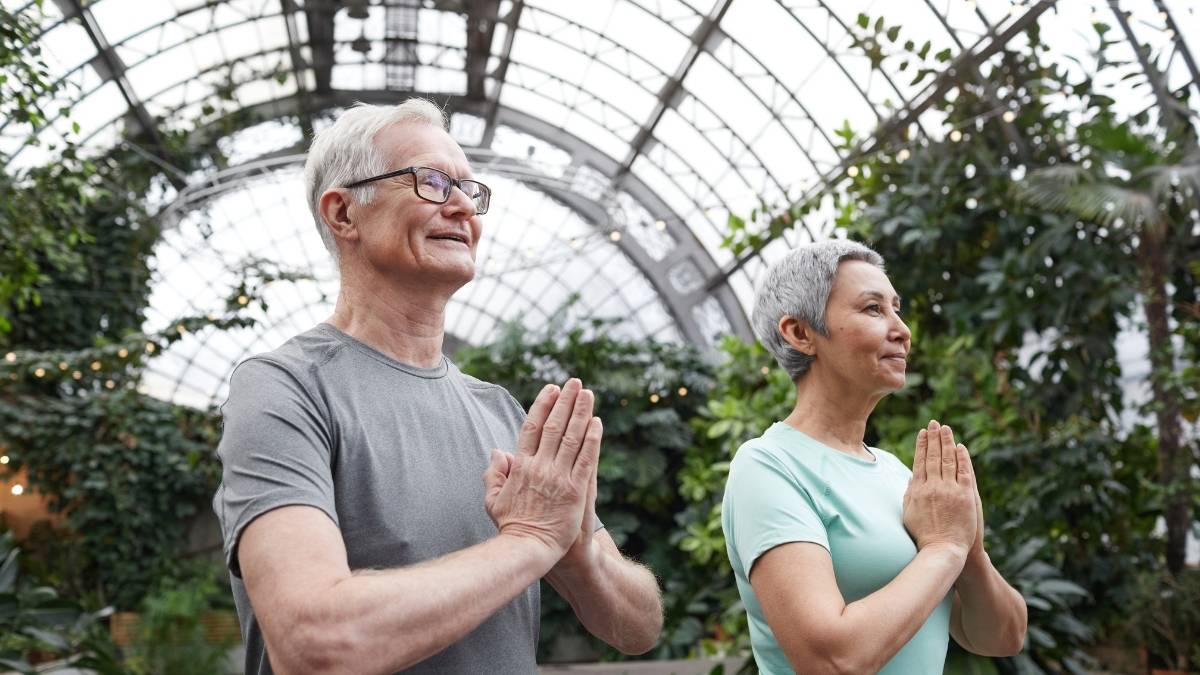
Sarah Chen is 94 and radiates joy. Her secret isn’t a perfect life—she’s buried two husbands and survived cancer twice. “I write down three good things every morning,” she says. “My brain learned to hunt for happiness instead of problems.”
Why Gratitude Changes Your Brain
UC Davis scientists studied 1,000 seniors for five years. Those who practiced daily gratitude had 25% better mood scores and sharper memories. Gratitude literally builds new brain pathways that make you happier.
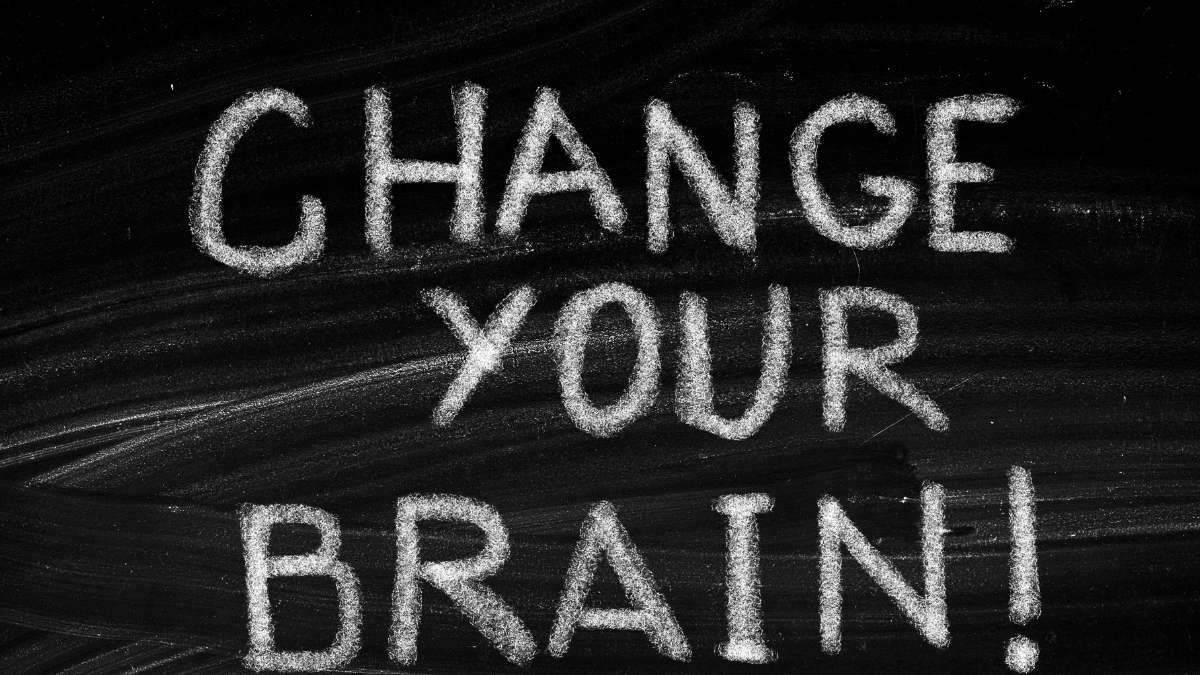
Here’s what happens: when you look for good things, your brain gets better at finding them. It’s like training a muscle, but for senior brain health.
Your 3-Minute Daily Routine
Every morning, write down:
- One thing you’re grateful for about your health
- One person who made yesterday better
- One simple pleasure you enjoyed (coffee, sunshine, a phone call)
That’s it. Three things. Three minutes. Do this before you read news or check messages.
Make It Stick
Keep a small notebook by your bed. Use the same pen every day. Write in simple words—”My neighbor smiled at me” counts just as much as big things.
Share one gratitude item with someone each week. Call a friend and tell them why you appreciate them. This doubles the brain benefits.
When Life Gets Hard

Hospice workers see something amazing. Patients who practice gratitude stay mentally sharp longer and feel peaceful at the end. Even facing death, grateful people find reasons to smile.
You don’t have to feel grateful to start this practice. Just write three things down. Your brain will catch up. That’s how cognitive health aging improves—one grateful thought at a time.
Sarah puts it perfectly: “I can’t control what happens to me. But I can control what I notice.”
Lastly:
Joan’s secret is out. Five free habits keep her mind sharp at 82: morning brain exercises, social connections, gardening, walking meditation, and daily gratitude. No therapist required.
You don’t need to be perfect. Pick one habit and try it for a week. Dorothy started with just five-minute crosswords. Frank began with short walks around his block. Maria grew one tomato plant in a bucket.
Here’s the math: therapy costs $200 monthly. These habits cost nothing. In one year, you’ll save $2,400 while building better mental health for seniors.
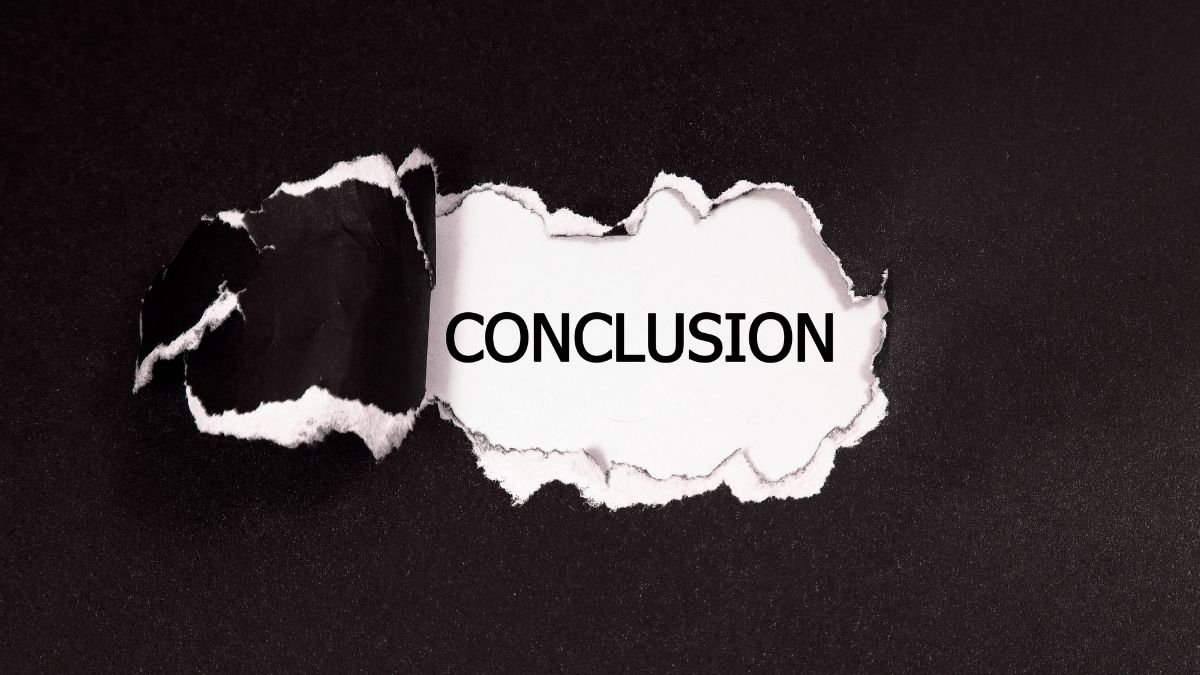
The choice is yours. You can wait and worry about cognitive decline. Or you can start today with something simple.
Pick your easiest habit right now. Set a timer for 10 minutes. Begin.
Your future self will thank you. Your bank account will too.
Share this with someone you love who’s over 60. They deserve to know that senior brain health doesn’t require expensive treatments.
Ready for more free tips? Join thousands of seniors who get weekly wellness advice that costs nothing but works. Your mind is worth the investment.





